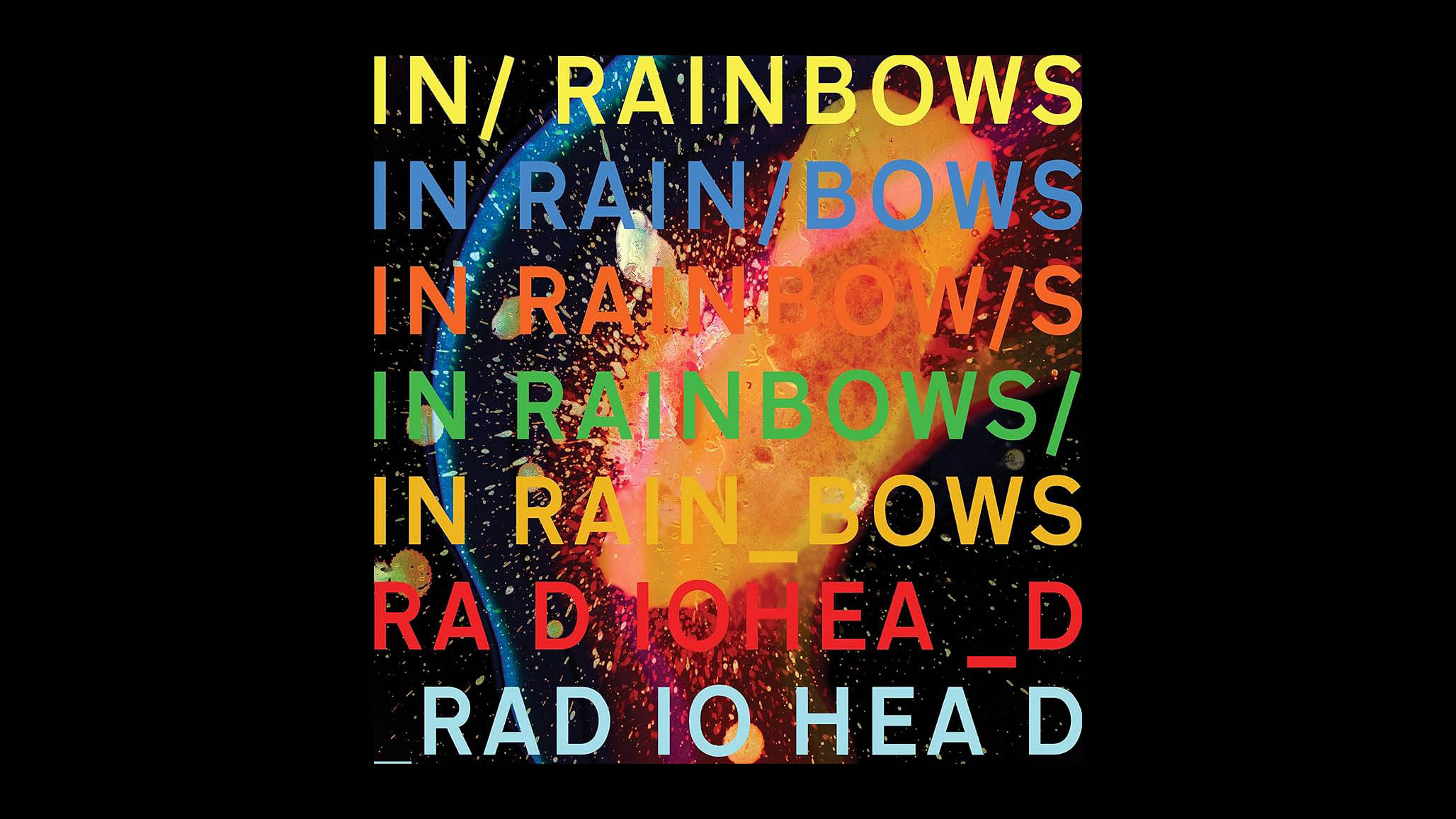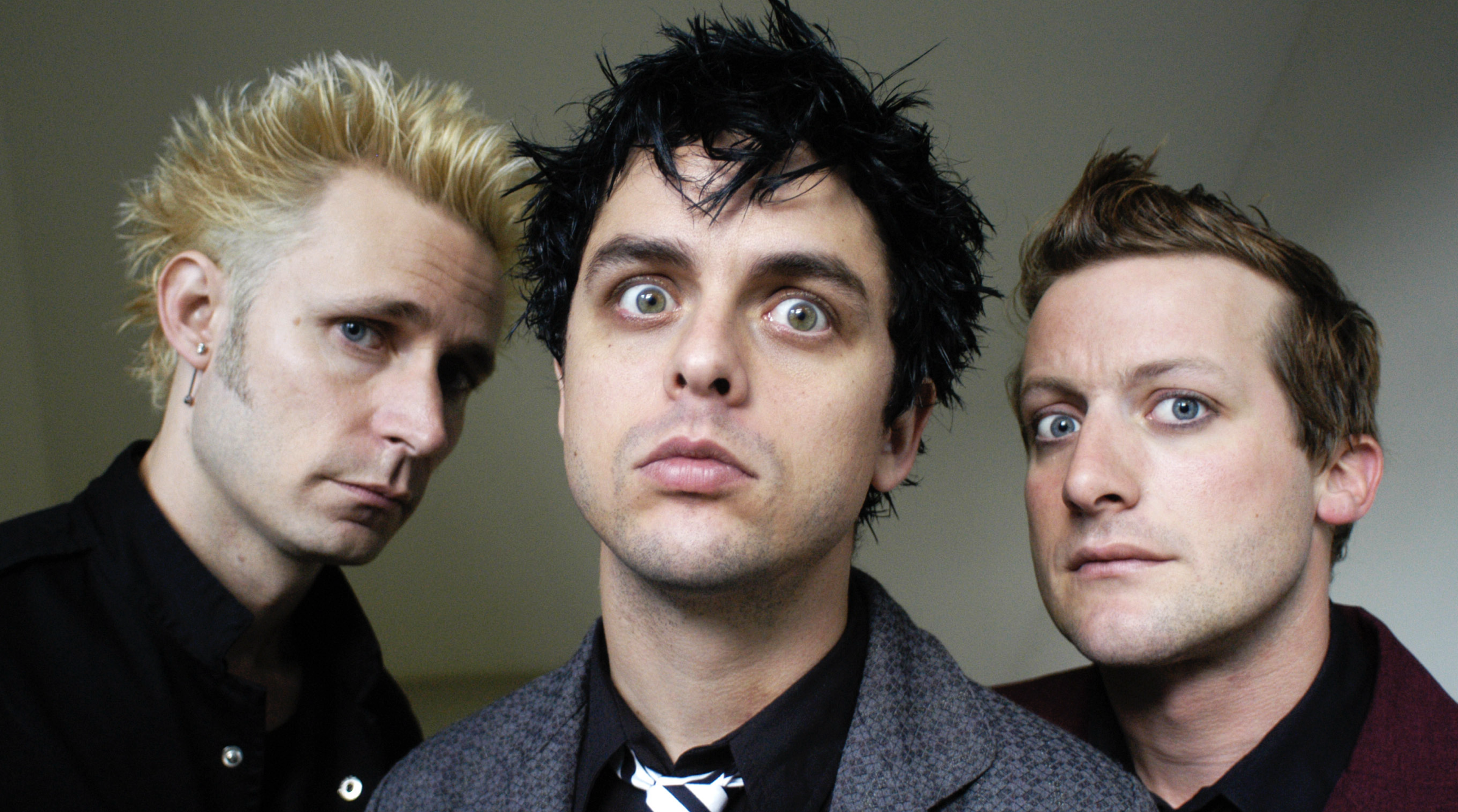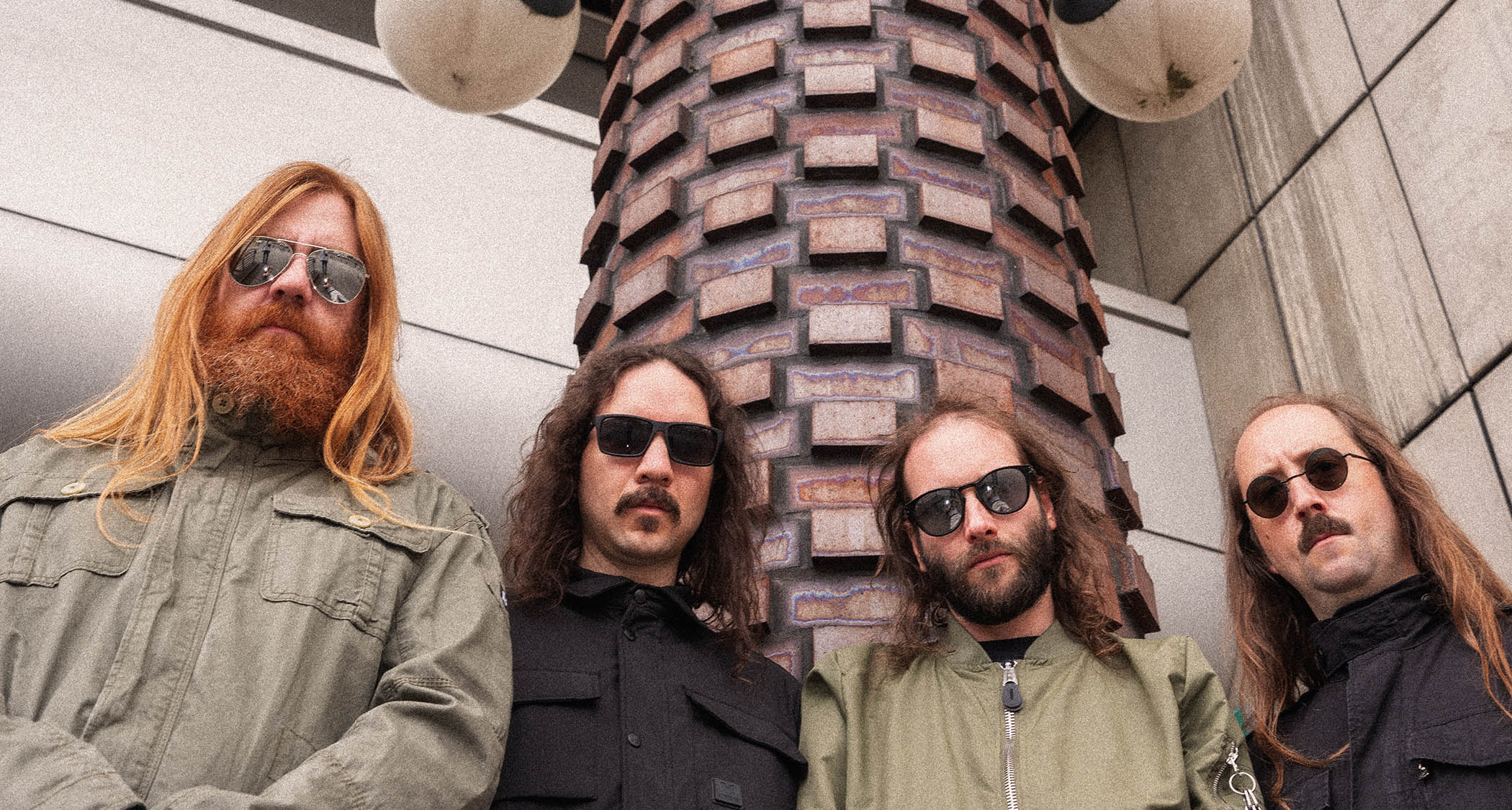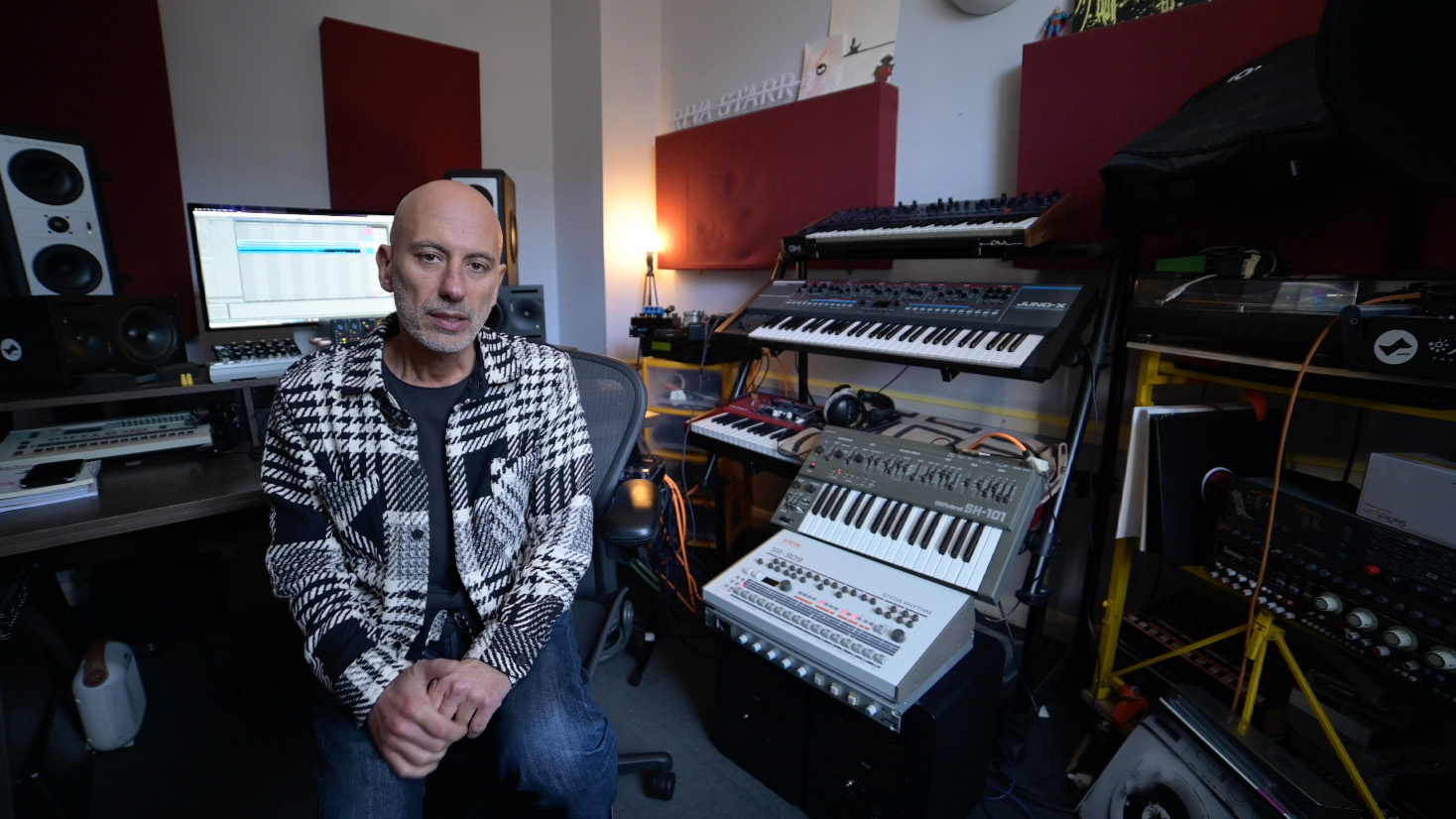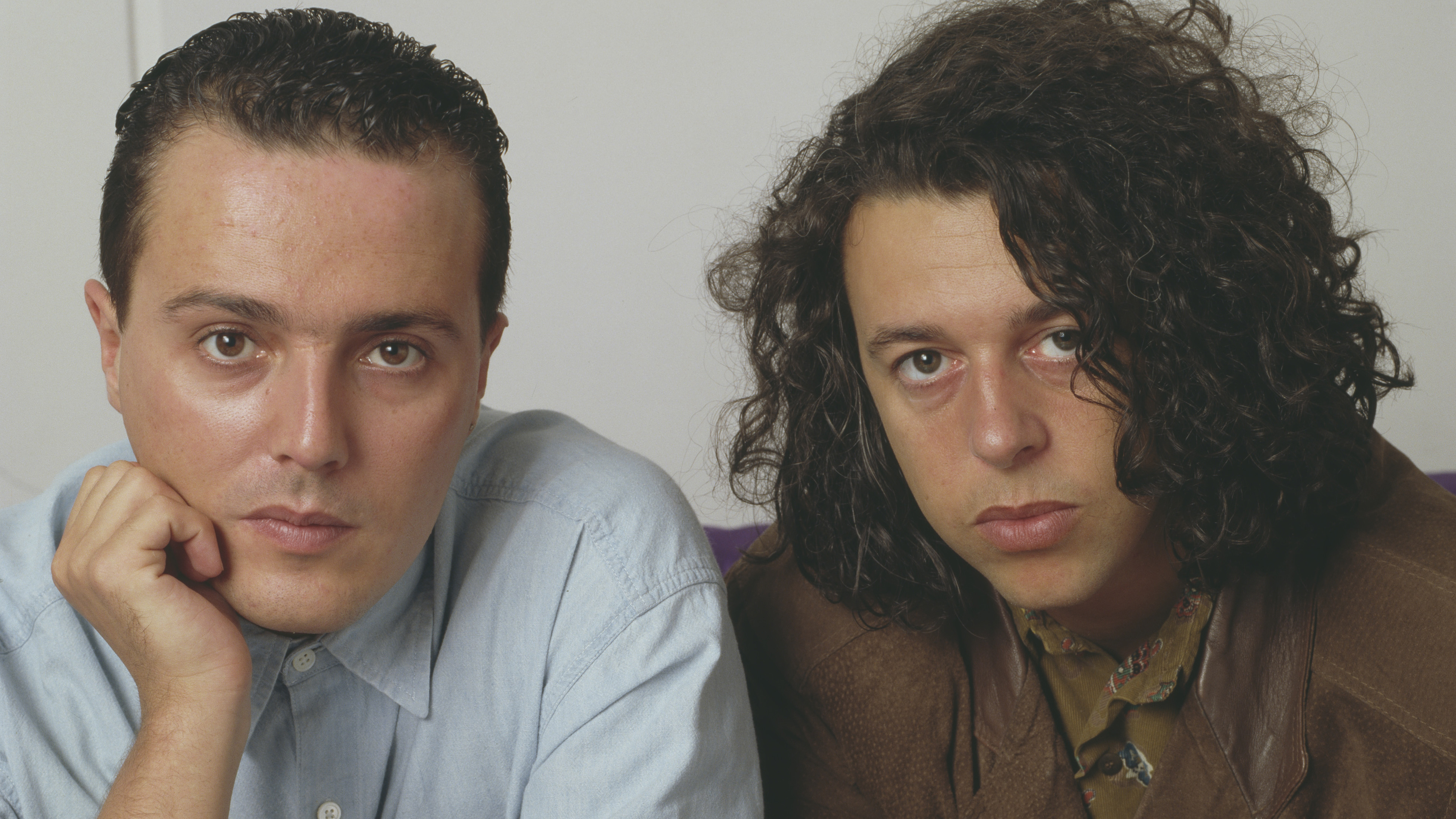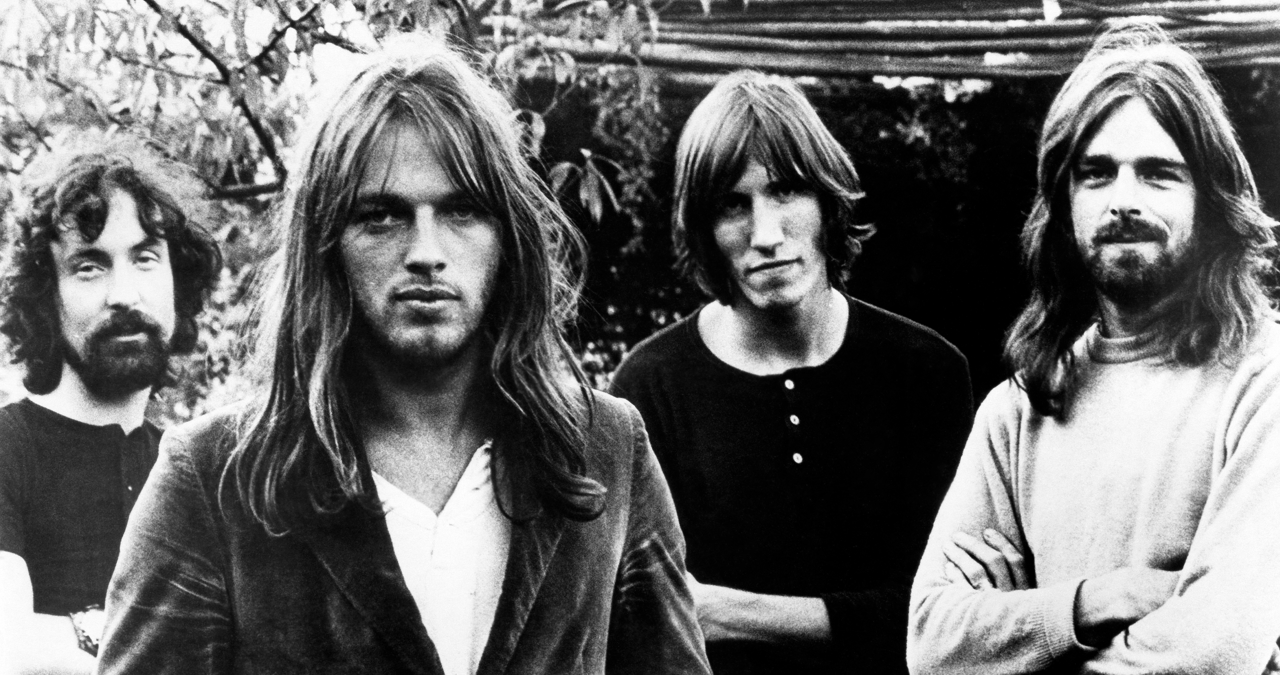“Sometimes I am two people. Johnny is the nice one. Cash causes all the trouble. They fight”: How Johnny Cash drew on his own experiences to make his greatest songs
The Man in Black comes under our spotlight as we break down his take on the creative process
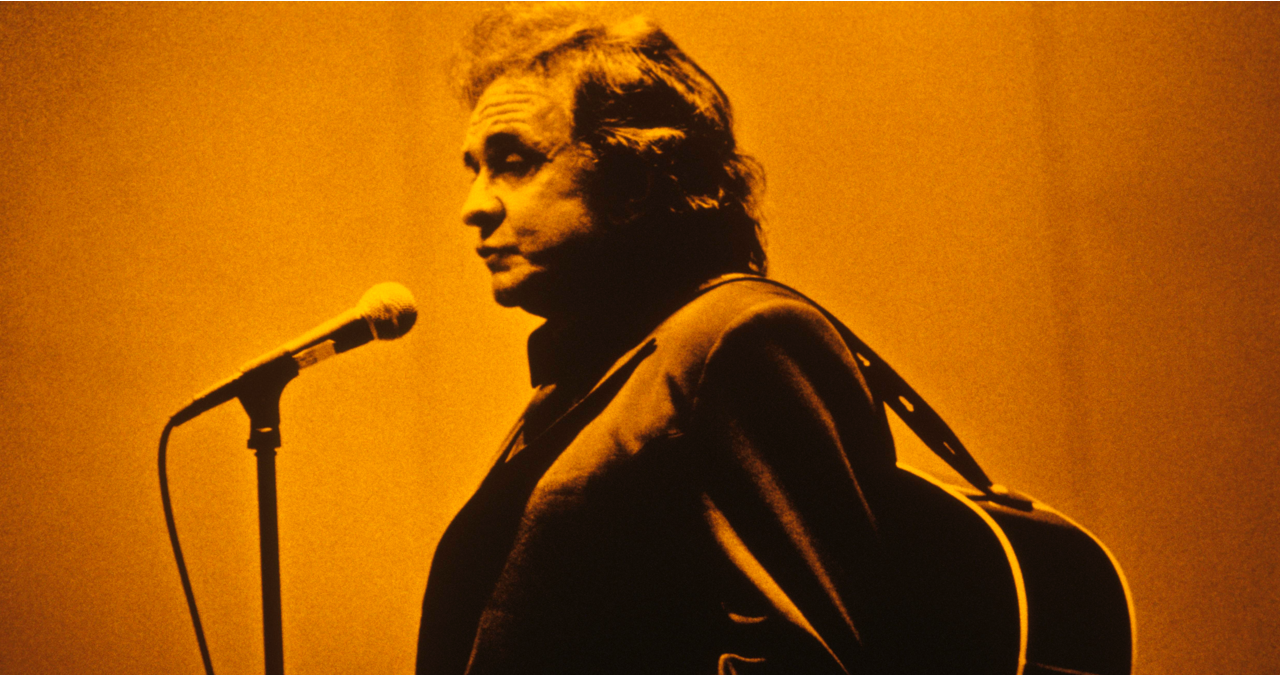
He’s a near-mythical figure in the world of country and rockabilly, with a body of work that still holds immense power to this day.
His characterful bass baritone voice is immediately recognisable, yet the continuing legacy of Johnny Cash is fuelled by far more than just the technicalities.
It's a songbook bursting with gems, from I Walk The Line, Ring of Fire, Folsom Prison Blues to A Boy Named Sue. Many of which were born out of deeply-felt emotions that Cash had experienced throughout his nearly 50-year career.
Born to working class cotton farmers Kingsland, Arkansas, Cash’s obsession with music began at a young age. Following a four-year period serving for the US Army, Johnny threw himself headlong into the emerging rockabilly scene.
Before long, his songs (the earliest of which were typically framed within a chugging, train-like rockabilly arrangement) begun to take root in the public consciousness. This was only the beginning of a journey that would lead to Cash becoming one of the world’s most beloved (and awarded) songwriters of all time.
Cash remained a constantly curious figure right up until his death in September 2003. Seeking to further widen his musical and emotional language. His final record - the Rick Rubin-produced American IV: The Man Comes Around - saw the then 71-year-old Cash covering numerous well-known songs by some unlikely reference points.
His cover of Nine Inch Nails’ Hurt in particular imbued the song with an entirely new, poignant dimension. It also cut through to a whole new generation of listeners.
Sadly, shortly after recording the song, Johnny passed away.
Get the MusicRadar Newsletter
Want all the hottest music and gear news, reviews, deals, features and more, direct to your inbox? Sign up here.
It’s perhaps one of the most emotionally affecting things ever committed to record.
So how did Cash craft songs that stood out quite so singularly from his peers. Why are we still talking about him all these years on?
The real secret lay behind his attitude to the songwriting process.
Johnny was no one-man song factory. For Cash, a song had to mean something real to him, as a human being.
All this is indicated via the following quotes from Johnny Cash himself, collated from various sources over the decades of his career, that shed some light on how he penned his greatest work.
1. “I can’t put myself in a box or a basket when I’m working. I’m really trying to prove that there aren’t categories you have to stay in, that you can branch out. You can touch others out there that have not been listening to you if you keep trying.” Time Magazine, 2003
In this extract from Time Magazine’s final interview, Cash was asked what prompted him to record that delicate, spellbinding version of Hurt for his last album.
Cash’s response illuminated that, to him, a ‘rock’ song and a ‘country’ song were not two wildly different things. He also laid bare his attitude to all musical genre categorisations - that they were profoundly limiting.
Earlier in that interview, Cash even stated that he could have imagined a younger version of himself penning Hurt - made famous by the industrial metal pioneers Nine Inch Nails nine years prior - back in the 1960s; “I think it’s probably the best anti-drug song I ever heard.”
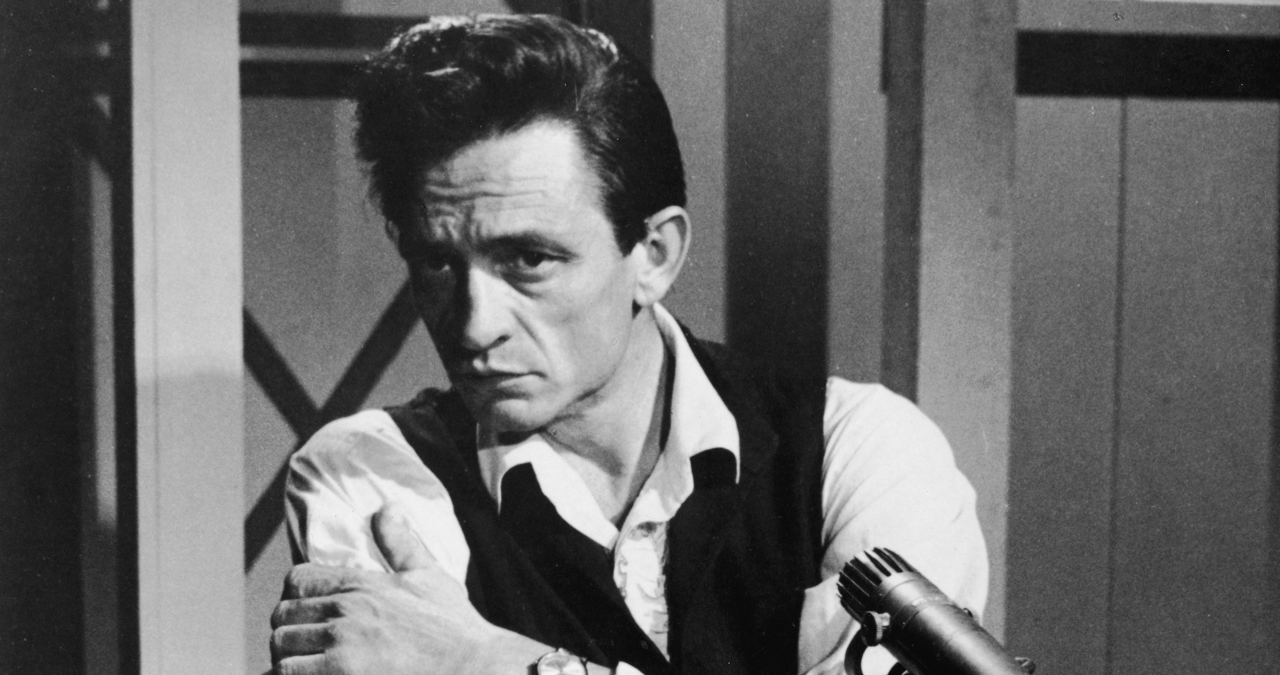
2. “When I get an idea for a song it would gel in my mind for weeks or months, and then one day just like that, I’ll write it” Academy of Achievement Class, 1988
Johnny was a big believer in the idea of unconscious songwriting - something we’ve touched on before.
Rather than sitting with a guitar and a pen, trying to magically will a difficult song into existence, Cash would let a song idea percolate in his mind.
This was all preparation for the moment when he’d sit down and finish the song - hopefully charged with fresh ideas after weeks (or months) or internal deliberation.
“It’s not something that I can say, ‘Next Tuesday morning, I’m gonna sit down and write songs.’ I can’t do that.” Cash admitted.
3. “I don’t go for hook lines; that’s the big thing in Nashville. I go for the general feeling, that there is something strong there.” American Songwriter Magazine, 2002
In this very revealing interview with American Songwriter Magazine from 2002, Cash underlined his rejection of the technical-approach to songwriting, making the point that the Nashville songwriting stable tended to focus on honing in on specific hooks, whereas Johnny was always in search of a more consistent feeling.
Cash also admitted that musical simplicity is a tactic that has underpinned all his biggest-selling cuts; “Well, ‘I Walk the Line’ was a love song, and it had three chords, ‘Ring of Fire’ also had three chords and ‘Folsom Prison Blues’ was an up-tempo rockabilly prison song. I don’t know, there is no set formula, except for the fact that over the years, I have a theme that I remember to remind myself: KISS - keep it simple stupid.”
4. “I’ve always explored various areas of society. And I love the young people. And I had an empathy for prisoners and did concerts for them back when I thought that it would make a difference.” NPR Interview, 1997
Often dubbed ‘The Man in Black’ (due to his 1971 song of the same name) Cash has a particular affinity with outsiders and the downtrodden.
Outlaws - and those on the fringes of respectable society - recur throughout his songbook, from Folsom Prison Blues to Wanted Man, from Cocaine Blues to San Quentin.
His legendary prison shows did much to solidify Cash’s libertarian, somewhat ominous persona. But this was no mere play-act.
Johnny had a dark side, and despite his devout Christian faith, had to reign in his less tempered half.
In his last interview with MTV, Cash stated; “Sometimes I am two people. Johnny is the nice one. Cash causes all the trouble. They fight.”
The iconic At Folsom Prison live album was recorded at Folsom State Prison in 1968. Cash, the journeyman song-slinger, delivered a set which harked back to the tragic, romantic tales of murder, betrayal, and the cutthroat individualism of the old west.
"Always be a good boy, don't ever play with guns
But I shot a man in Reno just to watch him die"
The assembled inmates were enraptured by lines such as these, and their cheers and whoops served to magnify the cold brutality of the lyrics.
For many, it was the first time that an 'entertainer' had sang songs that spoke to their own experiences.
“I always wanted to record that, you know, to record a [prison] show because of the reaction I got,” Cash told NPR. It was far and above anything I had ever had in my life, the complete explosion of noise and reaction that they gave me with every song. So then I came back the next year and played the prison again, the New Year's Day show, came back again a third year and did the show. And then I kept talking to my producers at Columbia about recording one of those shows. So we went into Folsom on February 11, 1968, and recorded a show live.”

5. “The title is always very important to me. I hear songs by somebody, and they’ll say ‘I don’t have a title yet.’ That doesn’t make any sense to me. All of my songs from the get-go have a title. That is the standard bearer that I lean on throughout the writing of the song, going back to the writing of the title. I don’t force that either but when it’s appropriate, go back to the title.” American Songwriter Magazine, 2002
Something that many songwriters swear by is to begin with the title of the song in mind before you’ve even started writing any music or lyrics.
It’s something we’ve tried before, and we can attest that the approach can be a solid route for directing you towards a musical flavour (or a lyrical idea) that is inspired by what the title provokes.
As Cash told American Songwriter, his song-titles became the central spine of the writing process. Even if the final versions of these ideas took a long time to come to fruition.
In that same interview, Cash revealed that The Man Comes Around - one of the few self-penned tracks on his final album - took nine months to complete. Despite having the title set from the beginning.
“I wrote verse after verse, probably 25 or 30 verses, before I was satisfied with the verses I wanted to use in the song,” Johnny told American Songwriter. “It’s the first time I’ve ever overwritten a song, but I felt like it was necessary. The song was very special to me.”
6. “I have to get filled up in order to pour out. Really have to.”
Academy of Achievement Class, 1988
Perhaps better than any other - this quote neatly cuts through to the crux of Johnny Cash’s purity as a songwriter. His own lived experience and a sense of genuine honesty needed to be infused deep within the songs he had in the works.
The only way he could build up enough of that was to live a little.
For Cash - a devoutly religious man - his belief was that something far more unknowable was also playing its part. “Creative people have to be fed from the divine source,” Johnny stated. “I do. I have to get fed.”

I'm the Music-Making Editor of MusicRadar, and I am keen to explore the stories that affect all music-makers - whether they're just starting or are at an advanced level. I write, commission and edit content around the wider world of music creation, as well as penning deep-dives into the essentials of production, genre and theory. As the former editor of Computer Music, I aim to bring the same knowledge and experience that underpinned that magazine to the editorial I write, but I'm very eager to engage with new and emerging writers to cover the topics that resonate with them. My career has included editing MusicTech magazine and website, consulting on SEO/editorial practice and writing about music-making and listening for titles such as NME, Classic Pop, Audio Media International, Guitar.com and Uncut. When I'm not writing about music, I'm making it. I release tracks under the name ALP.
You must confirm your public display name before commenting
Please logout and then login again, you will then be prompted to enter your display name.
Prince’s Purple Rain follow-up came out of leftfield, but did it derail his career?
“It pretty much half killed us. Whether the band would continue was in the balance”: The Radiohead album that almost broke up the band, turned the music industry on its head - and became their best record




